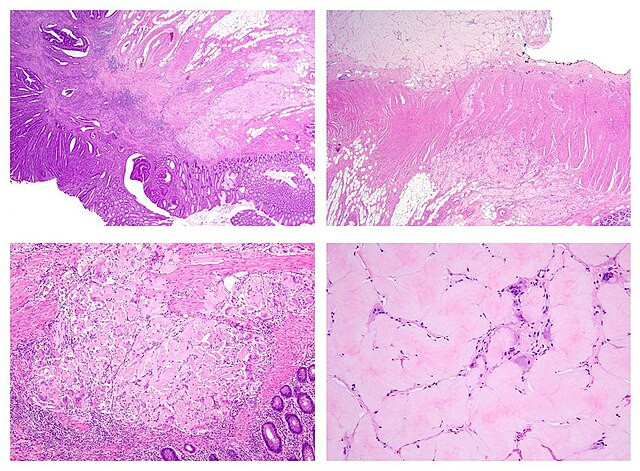Colon cancer is increasingly affecting Americans under the age of 50, with a new study emphasizing the critical warning signs that young patients often encounter. This alarming trend calls for heightened awareness and early screening to improve outcomes.
The comprehensive analysis, conducted by researchers led by Joshua Demb, a graduate student in gastroenterology at the University of California, San Diego, reviewed data from 80 studies involving almost 25 million patients under 50. The findings, published in JAMA Network Open on May 24, underscore the importance of recognizing early symptoms to facilitate timely diagnosis and treatment.
In nearly half of the cases (45%), blood in stools was the initial symptom, followed by abdominal cramps (40%) and changes in bowel habits (27%). Despite these clear warning signs, the time from symptom presentation to diagnosis was often prolonged, typically ranging from four to six months.
"Time from sign or symptom presentation to early onset colorectal cancer diagnosis was often between 4 and 6 months," Demb's team reported. This delay in diagnosis can have dire consequences, as early detection is crucial for effective treatment.
The study's findings coincide with a broader trend observed by the American Cancer Society, which has noted a significant increase in colorectal cancer rates among young Americans and Americans of color. The disease is now the leading cause of cancer death for men under 50 and the second most deadly for women in the same age group. Since 1995, there has been a 45% increase in colorectal cancer diagnoses in people under 50, according to Dr. Folasade May, a cancer prevention researcher and gastroenterologist at UCLA Health in Los Angeles.
In response to this alarming trend, the U.S. Preventive Services Task Force lowered the recommended age for first screening from 50 to 45 in 2021. However, experts emphasize that younger individuals need to be vigilant about the warning signs and proactive in seeking medical attention.
"Blood in stools, especially, should be a red flag," said Demb. While this symptom can indicate various gastrointestinal issues, it was linked to a five-fold higher risk of colon cancer in people under 50 compared to those without this symptom. Unfortunately, younger patients often delay seeking medical advice, believing they are too young to have cancer or lacking access to primary care or health insurance.
"Potential reasons for these delays include a patient believing they are too young to worry about cancer or a lack of access to primary care or health insurance," the researchers noted. Even when younger patients consult a doctor, symptoms like rectal bleeding are frequently attributed to more benign conditions such as hemorrhoids, leading to further delays in diagnosis.
Dr. May highlighted the importance of addressing these delays: "Any delay in diagnosis can be costly, as the earlier a cancer is detected, the higher the likelihood of a better treatment outcome."
The study revealed that delays in diagnostic workups are up to 40% longer in younger individuals compared to older patients with colorectal cancer. Consequently, between 58% and 89% of young colon cancer patients are diagnosed at a late stage, compared to 30% to 63% of older patients.
To combat these delays and improve early detection, clinicians are urged to take any concerning signs and symptoms seriously and ensure patients undergo diagnostic evaluations promptly. Routine colon cancer screening, through stool-based tests or colonoscopy/sigmoidoscopy, is crucial in identifying cancers early.
In a related study published in JAMA Network Open, researchers found that younger adults are often diagnosed with more advanced colon cancer due to these delays. The study analyzed nearly 25 million adults under 50 from various countries and identified blood in stools, abdominal pain, and changes in bowel movements as common red flags.
The research underscores the need for both patients and healthcare providers to recognize the symptoms of colon cancer early and take swift action. Given the rising rates of colon and rectal cancer among younger adults, increased awareness and proactive screening are essential.






